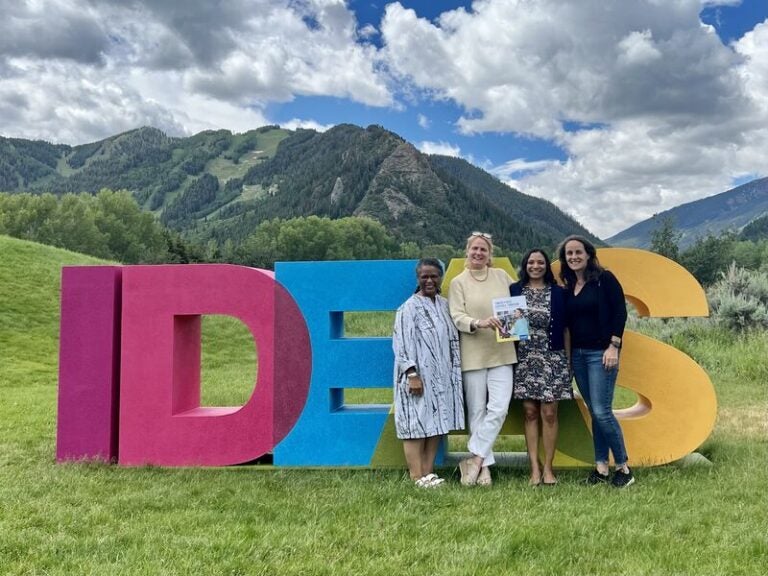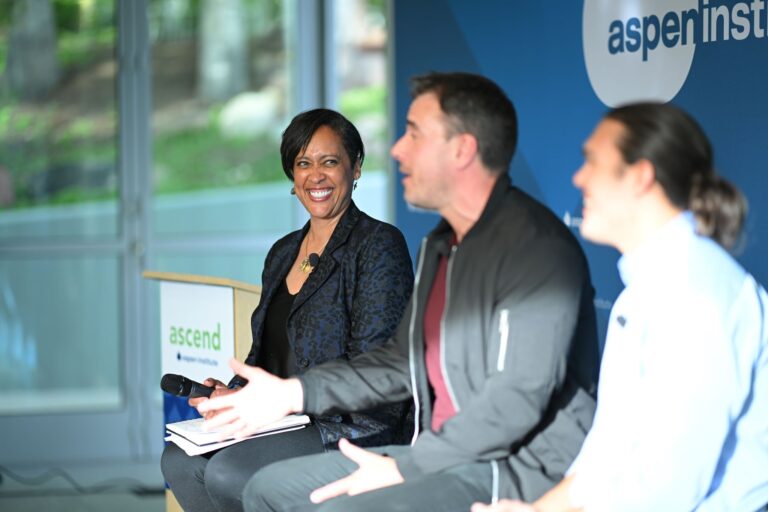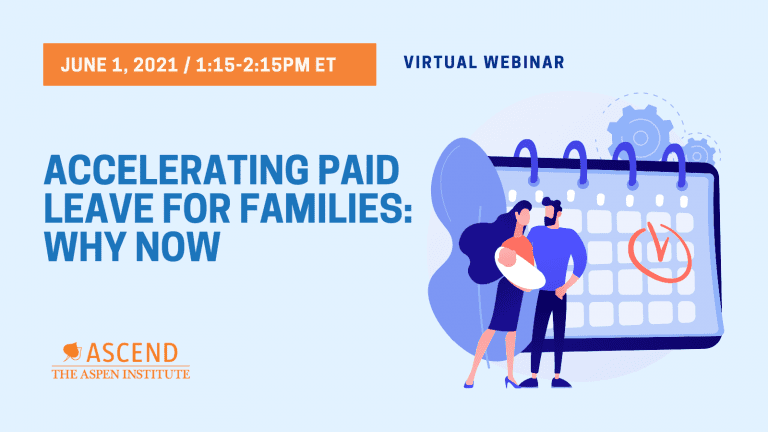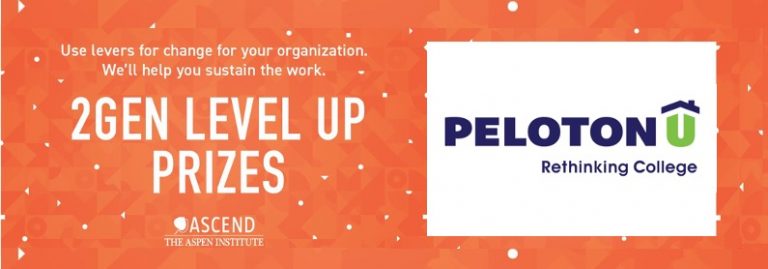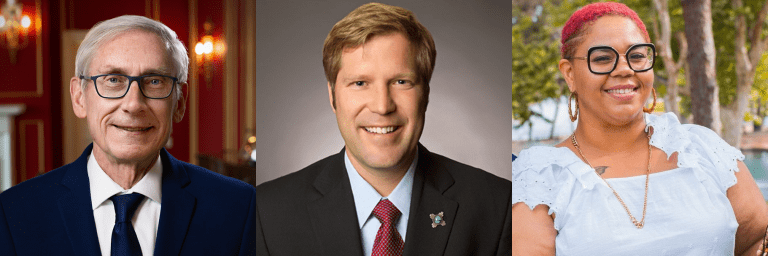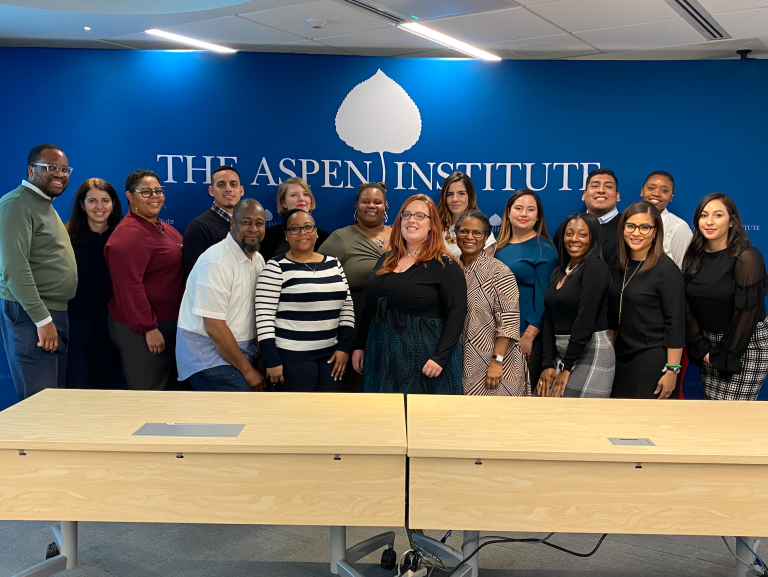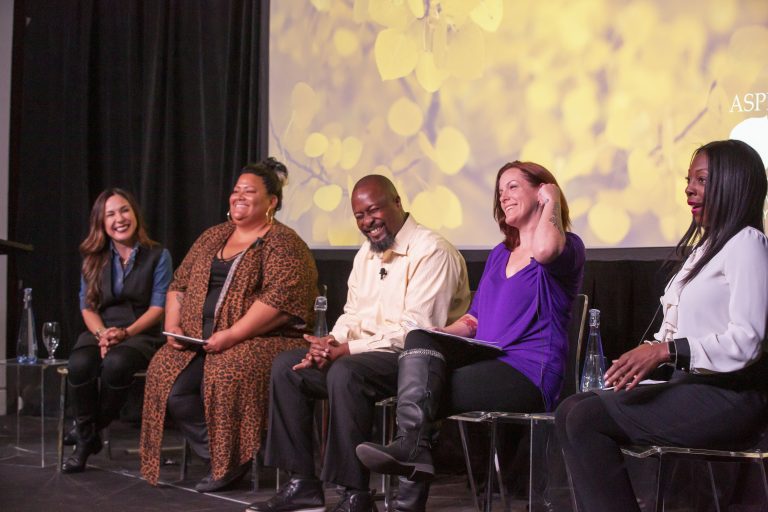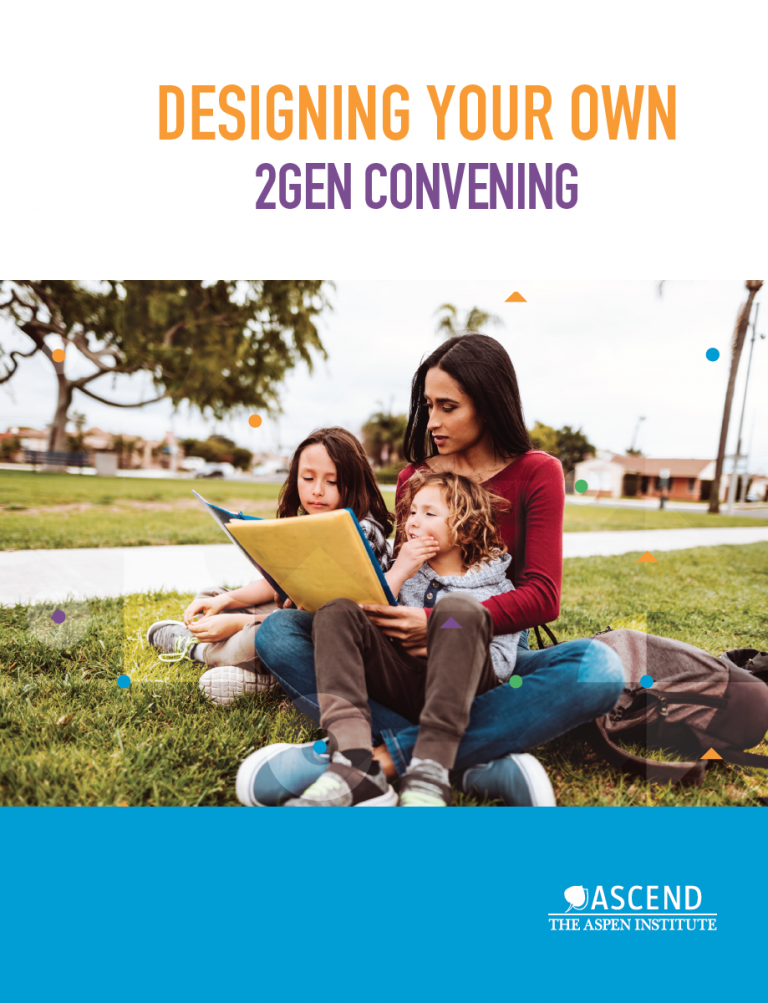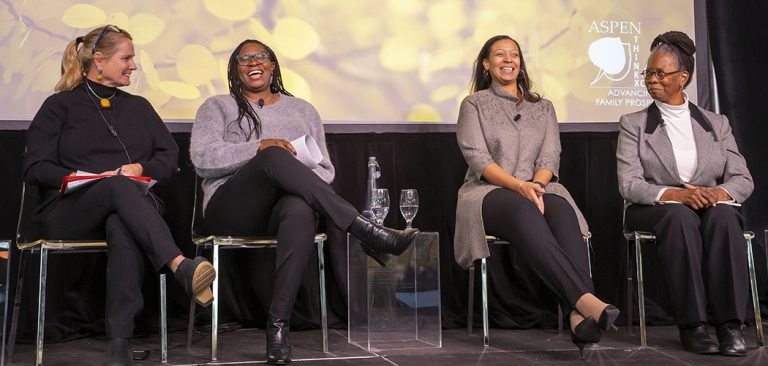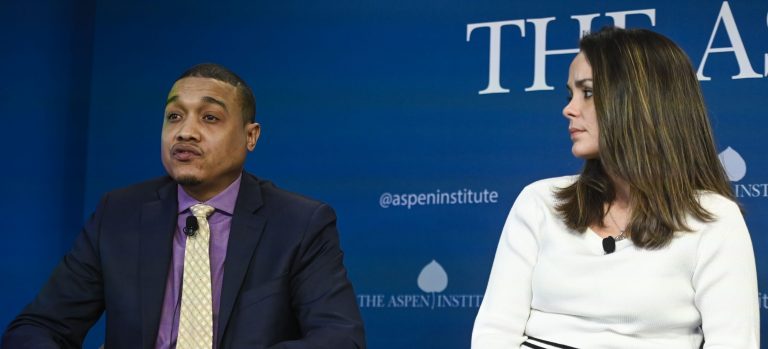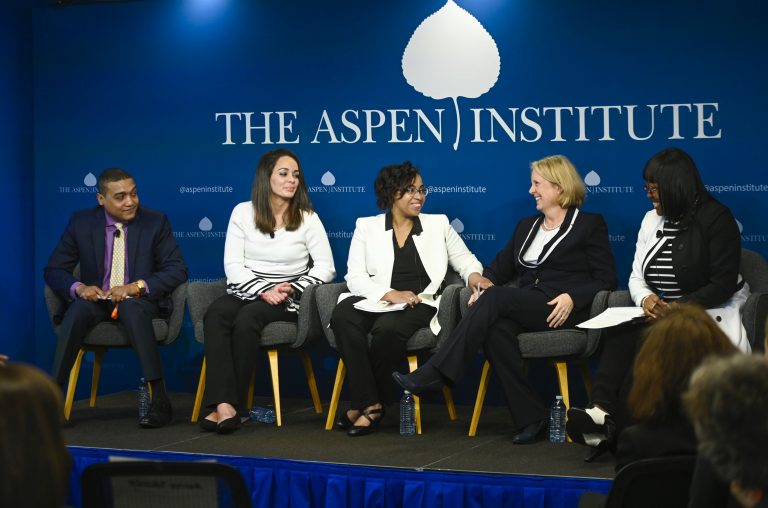Smart Starts for Children and Families: Building Upon Early Learning Innovations
Almost 50 years ago, our nation made a seminal commitment to children and families with the launch of Project Head Start.
On May 18, 1965, President Lyndon B. Johnson and Sargent Shriver stood in the Rose Garden and made a lasting commitment to America’s most disadvantaged children and established Project Head Start as the nation’s first comprehensive child development program. Head Start has served as the original two-generation program, bringing families and communities together to meet the educational, nutritional, social, and emotional needs of low-income children and families. Head Start has withstood the test of time and evolved under both Republican and Democratic Administrations as well as maintained extremely strong public support.
We are learning more every day about what accelerates children and families toward educational achievement and economic security, and we see opportunities for innovation and burgeoning political will in every community across the United States. This is the time for bold steps forward in the field of early childhood development: we are learning more every day about what accelerates children and families toward educational achievement and economic security and we see opportunities for innovation and burgeoning political will in every community across the United States.
On May 13-14, we convened a diverse circle of leaders for a series of conversations that highlighted emerging themes for bold advances in the field of early childhood development. The forum included insights from historians, experts in early care and education, practitioners, parents, policymakers, and philanthropists from across the nation.
Presentations:
- Family-Centered Child Support Services, Vicki Turetsky, The National Head Start Association
- Public Support for Two Generation Programs, Vince Breglio , VJ Breglio and Assocaites, Inc.
- Two-Generation Success: Understanding Public and Political Will, Celinda Lake, Lake Research Partners
- Books Build Better Brains, Dipesh Navsaria, University of Wisconsin, School of Medicine and Public Health
- Poverty Interrupted, Applying Behavioral Science to the Context of Chronic Scarcity, Anthony Barrows, Ideas42
Related Posts
